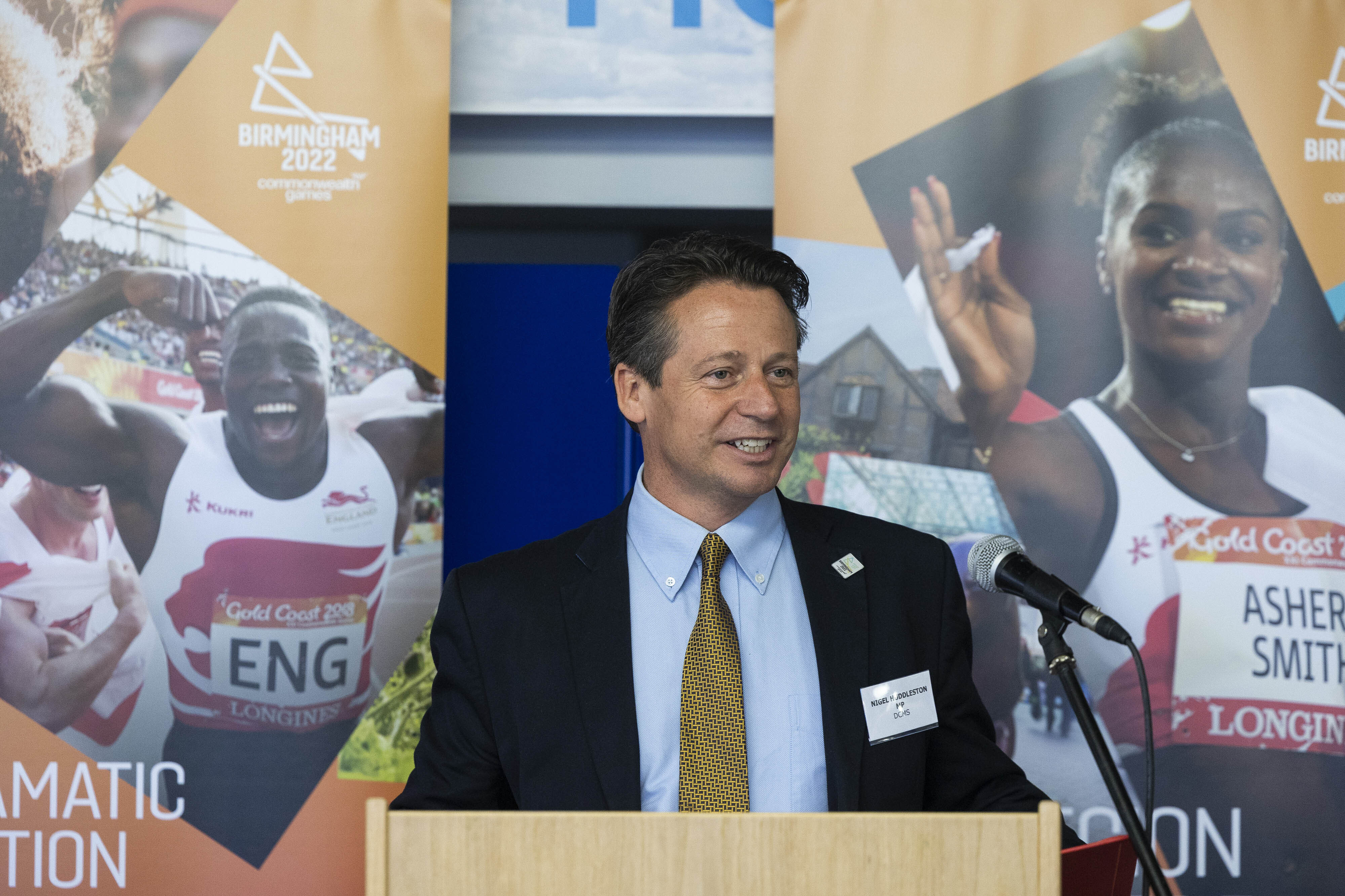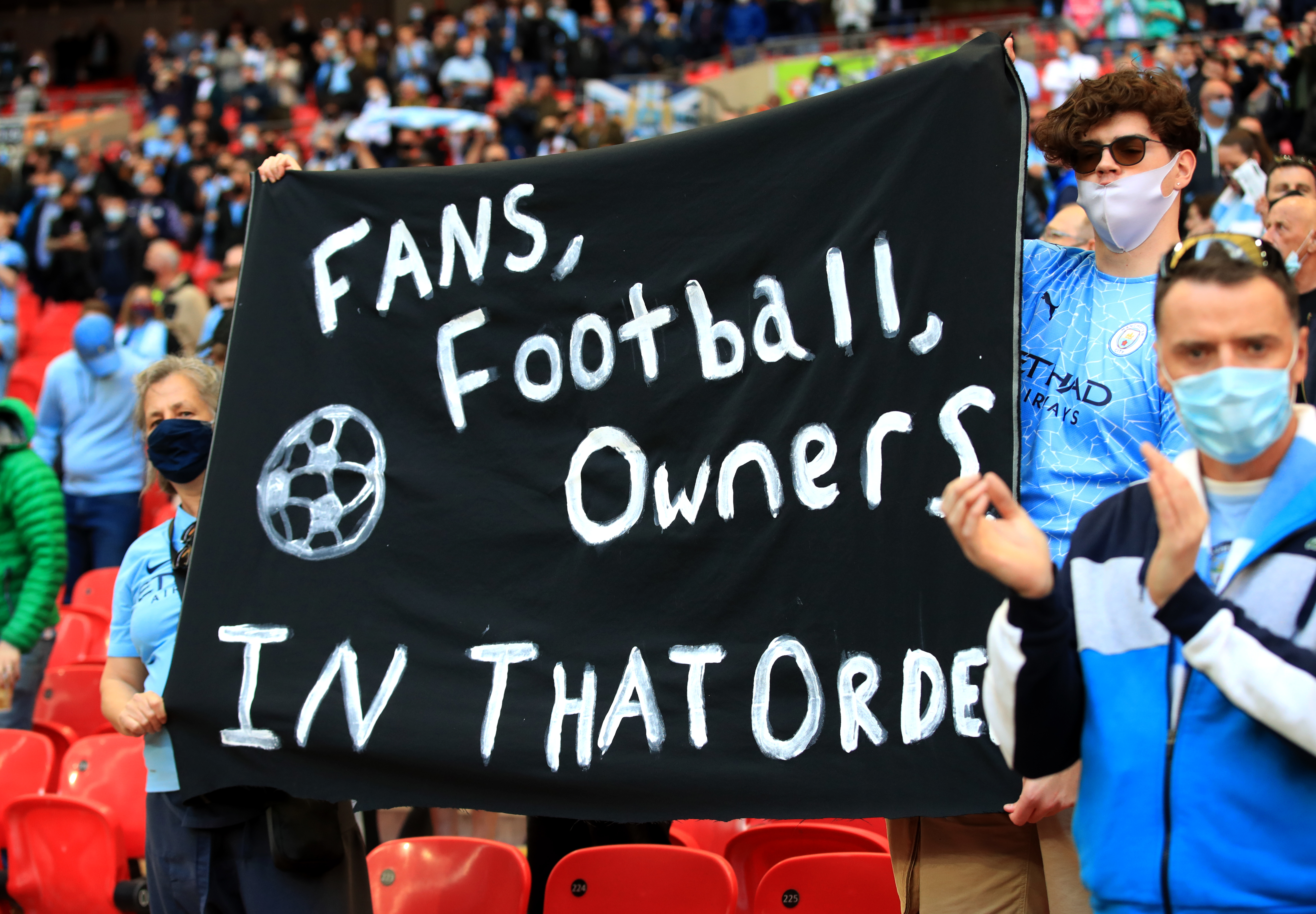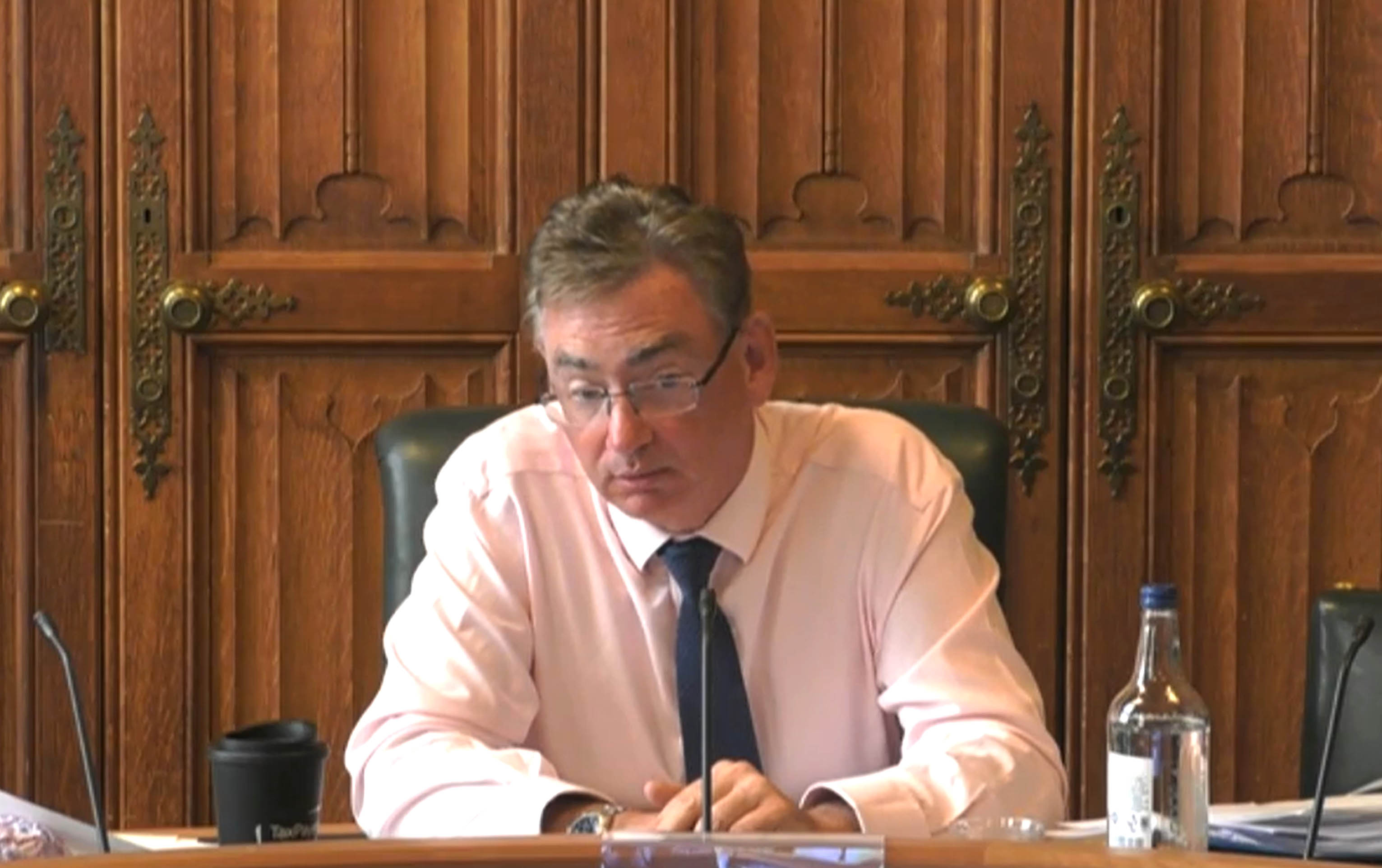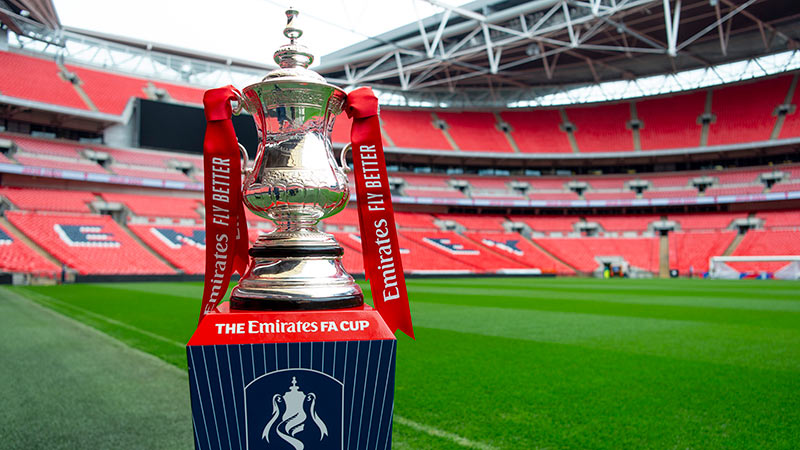Government expected to back independent regulator idea from Tracey Crouch review

The Government is expected to back proposals for the creation of an independent regulator for the English game on Thursday.
The new regulator is the central recommendation of the fan-led review which the Government commissioned in April in the wake of the Super League storm.
The Government did not comment on Wednesday evening but is understood to support the principle of a regulator, and a written ministerial statement is expected to be published on Thursday morning.

Sports Minister Nigel Huddleston promised to move “as quickly as possible” to bring forward any legislation needed as a consequence of the review when he attended a Digital, Culture, Media and Sport committee hearing last week.
Tracey Crouch told the PA news agency she hoped the regulator would be fully operational by the start of the 2023-24 season, with the review recommending a shadow regulator be set up at the earliest opportunity.
The Conservative Party included the promise of a review in its 2019 General Election manifesto following the demise of Bury. The subsequent financial shock of the Covid-19 pandemic and then the Super League have brought the way the English game is regulated firmly into the spotlight, and hastened the decision to start the review.
Arguably the single most surprising recommendation within it was a “solidarity transfer levy” on deals between Premier League clubs and on top-flight sides making overseas signings, to support the English football pyramid.
Get FourFourTwo Newsletter
The best features, fun and footballing quizzes, straight to your inbox every week.
The review said the proceeds from such a stamp duty system could be “game-changing”.
- A grant to ensure that League One and League Two clubs broke even
- 80 adult 3G pitches
- 100 adult grass pitches
- 100 children’s/small sided grass pitches
- 30 two team changing rooms (including referee facilities)
On the thorny issue of parachute payments, the report said the IREF would have backstop powers to “impose a solution” on the Premier League and the EFL if the leagues could not agree one before the IREF had been created. It noted the “poor history” of the industry in reaching such agreements.
The IREF would take over responsibility for administering the owners’ and directors’ tests from the Premier League, EFL and the Football Association, and control over how much cash owners can inject into a club.
The review also proposed the introduction of fixed-percentage promotion and relegation clauses in player contracts.
The report called for the creation of “shadow boards” to give supporters greater decision-making influence and oversight, and on issues such as relocating a club, changing a badge or home club colours, the club name or seeking to enter a competition not sanctioned by the FA, FIFA or UEFA, a ‘golden share’ power of veto would be afforded to a democratically-run Community Benefit Society (CBS).

The report noted that 73 clubs currently have a CBS in the form of a supporters’ trust. It said if the power of veto was exercised, the IREF would arbitrate or appoint arbitrators to settle the dispute.
The review makes 47 recommendations in all, after hearing over 100 hours of evidence and receiving contributions from supporters of 130 clubs.
Clubs entering the EFL should be given a three-year grace period to lay a grass pitch, and the review also calls for the Government and the UK Football Policing Unit to work on a pilot scheme to allow the sale of alcohol in sight of the pitch at matches in the National League and League Two.
It also called on the game to provide improved mental health support to players released from the game, particularly at academy level, and for a similar review to be conducted for women’s football.

Julian Knight, the chair of the DCMS committee welcomed the review and said: “For too long professional football in this country has operated with a disregard for fans and for the most basic good business practice.
“What we need now is urgent government action with a Bill before the House. The Secretary of State must look to introduce a football regulator in the next Queen’s Speech.
“We can have no further prevarication, nor see these recommendations shunted into a future election manifesto. Today must mark the start of building a stronger, fairer and more sustainable national game.”
